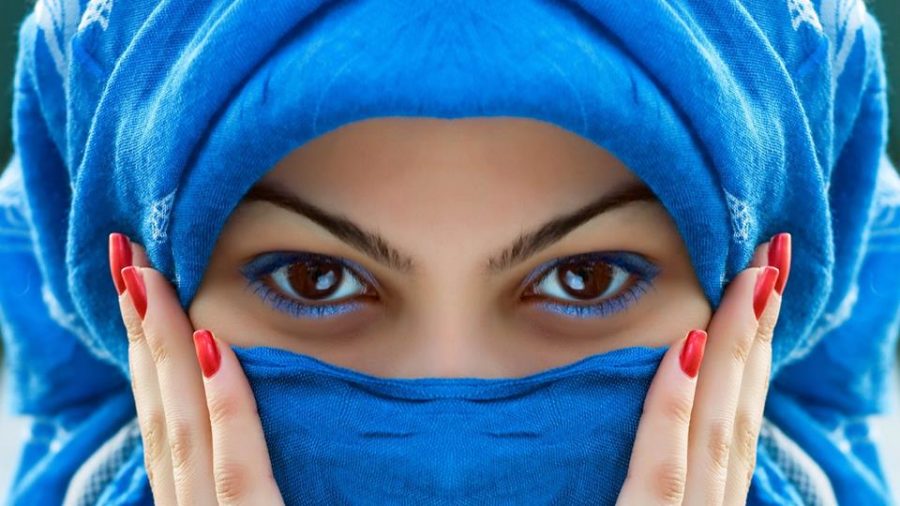Suffolk University’s weekly Muslim Conversations group directed their discussion toward the presidential election results on Thursday.
The group was joined by University’s Chaplain Amy Fisher.
An international student, who wished to remain anonymous, from the United Arab Emirates (UAE), joined the group. He said that people from the UAE followed the U.S. election closely, with friends and family who messaged him as the results came in to get his reactions.
Meryem Bakati, a sophomore at Suffolk and leader of the Muslim Conversations group, addressed President-Elect Trump’s proposed Muslim American registry during the meeting last week, a plan that drew comparisons to Nazi Germany’s anti-Semitic policies from several critics.
“I’m not going to play his games,” Bakati said at the meeting. “I already have a Social Security Number.”
Bakati is one of the million of Muslim-Americans registered to vote in this year’s presidential election, according to the U.S. Council of Muslim Organizations. The USCMO’s One America Campaign, started in December of 2015 and reportedly attributed to doubling the number of registered Muslim-American voters since the 2012 elections, passing their goal of one million.
Bakati expressed her concern that Muslim voices in the U.S. would fall silent under President-Elect Trump, and that values and traditions would be set aside out of fear. She cited the hijab, a traditional headscarf worn by Muslim women, as an example.
“I’m afraid people are going to take off their headscarves,” she said. “I’ll never take it off. This is who I am.”
Last week, the Detroit Free Press reported that a University of Michigan student removed her hijab when a man threatened to set her on fire if she did not comply.
This incident occurred a day after a post by the Southern Poverty Law Center, an organization dedicated to the illumination of hate crimes and bigotry, stating 200 incidents of “hateful harassment and intimidation” were reported across the country. According to the report, more than 20 of these incidents were anti-Muslim in nature.
In an interview with 60 Minutes correspondent Lesley Stahl, President-Elect Trump addressed a number of topics, including a rise in reported hate crimes and harassment directed at minority groups and individuals. When asked, he claimed to be “very surprised” to hear about the rise of incidents across the country.
“I saw one or two instances,” he said. “Well, I think it’s a very small amount.”
Donald Trump Jr. and the rest of the President-Elect’s immediate family joined the interview in its latter half. He defended his father, calling into question the authenticity of the public’s concerns.
“I think the fears, you know, while they may be there, some fabricated, some not, are totally unfounded,” the younger Trump said.
According to a 2010 Pew Research Center study, only 9 percent of Americans claim to know a great deal about Islam, with 30 percent claiming no knowledge whatsoever. A 2014 Pew report states that 47 percent of Americans do not know a member of the Muslim faith. The study also says that favorable views of a religion are associated with acquaintances from the given faith.
Fisher and Bakati both advocated for the education of Americans through Muslim acquaintances.
“Sadly, the education of others falls to Muslims,” Fisher said.
Bakati does not find questions about her faith rude, she said. She invites all questions in hopes to breed better understanding among students and other Americans in general.
“Ask me why I am in this religion,” Bakati said. “Ask me why I wear my hijab. Ask me anything.”
The Muslim Conversations group meets in the Interfaith Center, Room 823 of the Sawyer building, every Thursday from 4:30 p.m. to 5:30 p.m.. All students are welcome.








